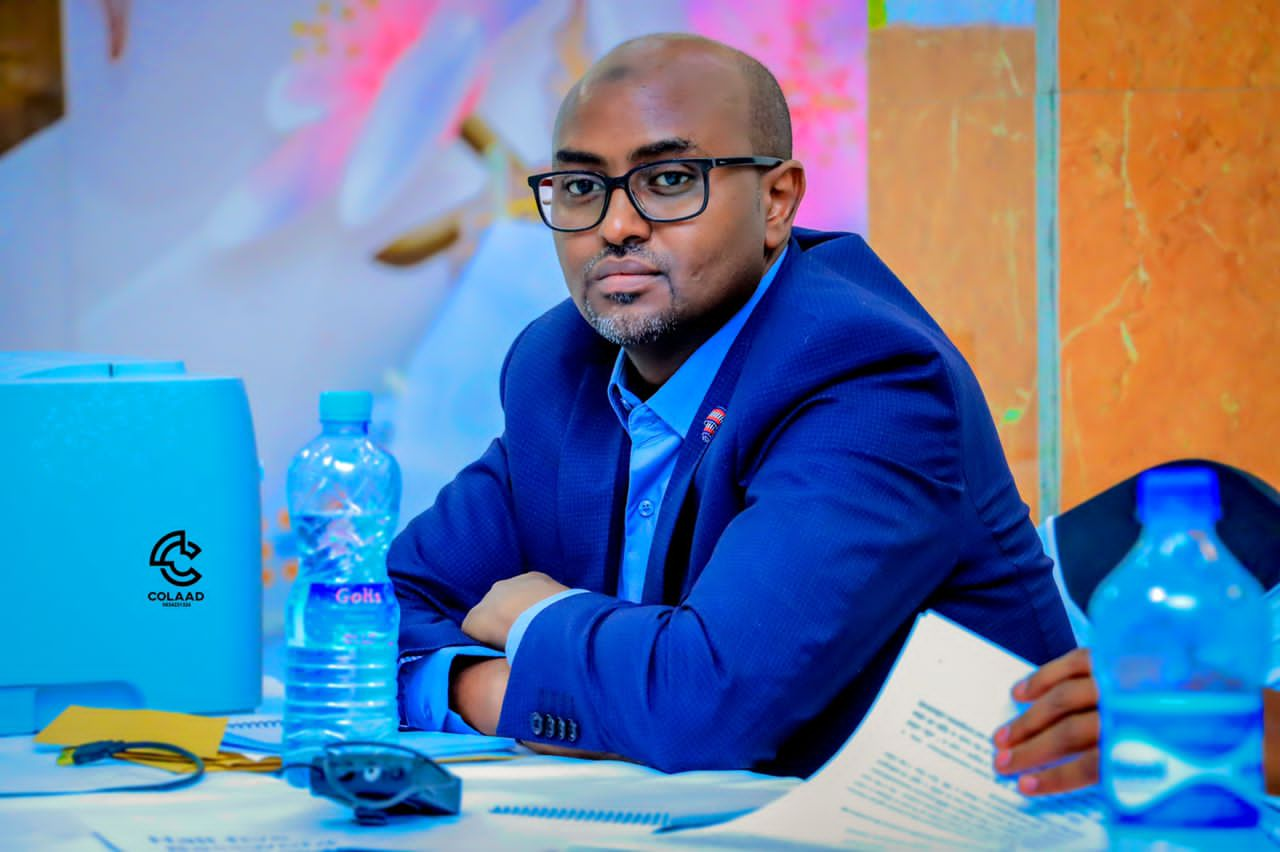As we mark the 35th World AIDS Day, we are reminded that the battle against HIV/AIDS is more than a health crisis—it's a fight for basic human rights. The plight of people living with HIV (PLHIV) is not just a medical struggle but a daily confrontation with deep-rooted stigma and discrimination, including in nations like Somaliland.
At the heart of this battle is the Somaliland National AIDS Commission (SOLNAC), responsible for controlling HIV infection rates, monitoring, policy and programming, advocacy and stakeholder engagement. This year, SOLNAC produced a new data-driven research document—the 2023 Stigma Report—that provides fresh evidence and insights on the stigma and discrimination faced by PLHIV.
It's essential to understand the context. Human rights violations associated with HIV/AIDs in Somaliland are influenced by a unique combination of cultural factors, religious misconceptions, and social norms, as well as limitations and stigmas within healthcare infrastructure and legal frameworks. According to the 2023 Stigma Report, the average percentage of PLHIV who experienced stigma in the 12 months before the survey was 44.5%, with 46.9% of discriminatory remarks and gossip originating from family members. This type of social discrimination creates a hostile environment for PLHIV, discouraging them from seeking out treatment and disclosing their HIV+ status to partners and loved ones.
Treating and easing the physical suffering of PLHIV is just one of SOLNAC's responsibilities. From its headquarters in Hargeisa, the Commission must also navigate societal norms and barriers that only exacerbate the hardships of PLHIV. Many PLHIV experience social and familial isolation. One telling figure in SOLNAC's latest report illustrates that fact: nearly half of PLHIV in Somaliland have been shunned, often by their own families, casting them into a world of isolation and silence.
The stigma affects every corner of life for PLHIV. This includes the economic sphere, where the unemployment rate among PLHIV is 72.5%. Women are disproportionately affected—84.3% of female respondents with PLHIV report that they are not engaged in any form of employment, versus 59.7% for men. Fear of disclosing their HIV status plunges many into hostile work environments, discrimination, and the threat of losing their livelihoods. The healthcare system, which should be a sanctuary, often becomes another arena of judgment. Compared to 2020 results, the 2023 survey discovered a significant increase in PLHIV who experienced stigma at the hands of a healthcare worker, both when seeking HIV-specific healthcare and post-treatment or disclosure.
The human rights infringements that PLHIV face in Somaliland are widespread, affecting education, employment, and even their safety. SOLNAC's report shows a staggering 94.7% of PLHIV have suffered rights violations due to their HIV status. These infringements can include forced testing or disclosure of HIV status in order to apply for a job or pension plan or attend an educational institution. In other cases, PLHIV have been subjected to arrest, detention, involuntary quarantine, or denial of a visa. A lack of legal protections against HIV-related discrimination magnifies these injustices.
The painful effects of stigma are felt internally by respondents. A large number of PLHIV blamed themselves and felt ashamed of their HIV+ status. More than half (56.9%) of the respondents hid their status from others and 76.6% found it difficult to tell other people about their HIV+ status. Another 48.4% were ashamed of their HIV+ status, 46.6% at times felt worthless, and 45.0% felt guilty.
Addressing these profound challenges demands more than medical interventions; it calls for a shift in societal attitudes and an overhaul of policy. It's about improving health literacy, dismantling stigma, and ensuring comprehensive care is accessible to all.
This year’s World AIDS Day theme, “Let Communities Lead,” is particularly poignant for Somaliland. It speaks to the need for a collective approach, one that brings together government, international allies, civil society, and, crucially, the communities and individuals directly affected by HIV/AIDS. Policies and programs harmonized with these voices will be more effective, relevant, and culturally respectful.
As we reflect on the strides made globally in combating HIV/AIDS, we must also recognize the battles still being fought in places like Somaliland, which rarely make front-page news or are front-and-center at international fora. Here, the fight against HIV/AIDS is intertwined with the struggle for dignity, equality, and fundamental human rights.
Addressing human rights violations against PLHIV in Somaliland requires a multidimensional and culturally sensitive approach, promoting health literacy and reducing stigma surrounding HIV while increasing access to care and creating a non-threatening environment for PLHIV to seek out testing and treatment. Furthermore, robust and accessible legal frameworks must be established so that PLHIV have legal recourse for violations of their human rights. Government agencies, international partners, and civil society groups must coordinate and include local stakeholders and affected populations in the development of HIV/AIDs policies and programming.
